Across the U.S., hunting animals is widely considered a sport; however, when it is not done out of necessity, it is simply a cruel and unwarranted activity. Hunting is a matter of life or death and calling it a sport is wrong, as it completely ignores the fact that it involves the killing of living things in the name of someone’s enjoyment and pleasure. Still, hunting for fun is condemnable and causes irrevocable damage to animal populations and habitats.
In a 2023 survey, it was found that 26% of U.S. consumers participate in the “sports activities” of hunting and fishing. This means that over a fourth of U.S. consumers hunt and fish recreationally, both of which are harmful and lead to overhunting and its accompanying damages.
Overhunting can lead to the extinction and endangerment of animal species and according to the World Wildlife Fund, overhunting is the cause of 23% of animal extinctions. This includes moas, elephant birds, giant lemurs, giant kangaroos and countless other species that no longer exist today because of the actions of humans.
The Bubal hartebeest, a subspecies of hartebeest formerly found in northern Africa, Egypt and the Middle East, is one example of an animal that has been hunted to extinction. In the period of 1945-1954, the last Bubal Hartebeests were shot in Algeria as a result of overhunting for their meat and for sport.
Overhunting an animal species harms not only that species but others that live in its environment as well. Their predators, for instance, will now face a declining food supply and decrease in number, which will set in motion a chain reaction. On the contrary, their prey’s population size will increase as a result of decreased predation, causing them to overexploit their environment. This will eventually lead to the environment being unable to support the prey’s population, also endangering them in the long term.
The damaging effects recreational hunting has had and will continue to have on animal populations are not the only questionable things about it. The very nature of the practice itself also calls its ethicality into question. Recreational hunters kill animals for the sole purpose of enjoyment, taking a life without the intention of even using the animal’s body for something functional—which, although still debatable, at least makes the animal’s death worth something.
In Native American culture for instance, animal life is valued and when an animal is killed, their bodies are used for various purposes and to the maximum extent possible. However, recreational hunters are trophy hunters, using or viewing the animals they kill as prizes and neglecting the fact that they are living things.
This point is one that has been heavily debated and studied. According to the Congressional Research Service, “Several ethical concerns are associated with trophy hunting… Some critics of the practice contend that paying a fee to kill an animal and collect a trophy as a sign of conquest is unethical and represents objectification of the hunted animal.”
People have even taken it so far as to classify recreational hunting as a sport, citing the fact that hunting requires skills, physical exertion and competition. However, when analyzed further, it fits a few of the qualifications that characterize sports. For instance, sports involve willing participants who are aware of the fact that they are partaking in them.
This is a statement that rings true for every activity widely accepted as a sport, with the exception of hunting. This is because in hunting, animals do not know that they are participating in what their hunters are considering a sport, nor are they choosing to participate at all.
Logic such as this is commonly used by animal rights organizations, including the organization In Defense of Animals, to dispute the classification of hunting as a sport. As stated by IDA, “Hunting is often called a ‘sport’ to disguise a cruel, needless killing spree as socially acceptable. However, the concept of sport involves competition between two consenting parties, adherence to rules and fairness ensured by an intervening referee, and achieving the highest scores but not death as the goal of the sporting event.”
Furthermore, when playing a sport, participants understand the goals, objectives and regulations of the game, yet animals being hunted do not. Animals do not know that the goal of the game is to kill them and have no understanding of hunting regulations. To dispute this, people may argue that animals can sense danger; however, having this ability is far from having the knowledge that a hunter’s intention is to kill them for sport.
Recreational hunting needs to stop and people need to stop recognizing it as a sport and start acknowledging it for what it really is: animal cruelty. Animals are killed so that a hunter can derive pleasure from their deaths. Their carcasses are not used for a purpose other than to serve as trophies, making their deaths mean nothing.
People need to call out recreational hunters and federal, state and local governments need to enact laws that restrict the practice and impose consequences for partaking in it. These laws then need to be appropriately enforced and hunters need to be held accountable. It is only through such precautions that people will be more ready to recognize the dangers recreational hunting poses.

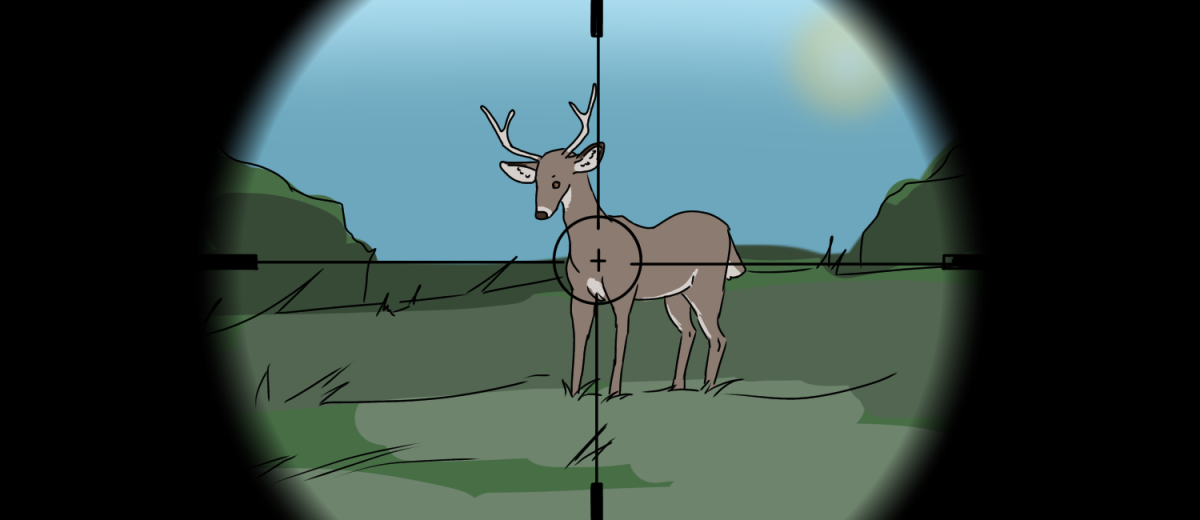



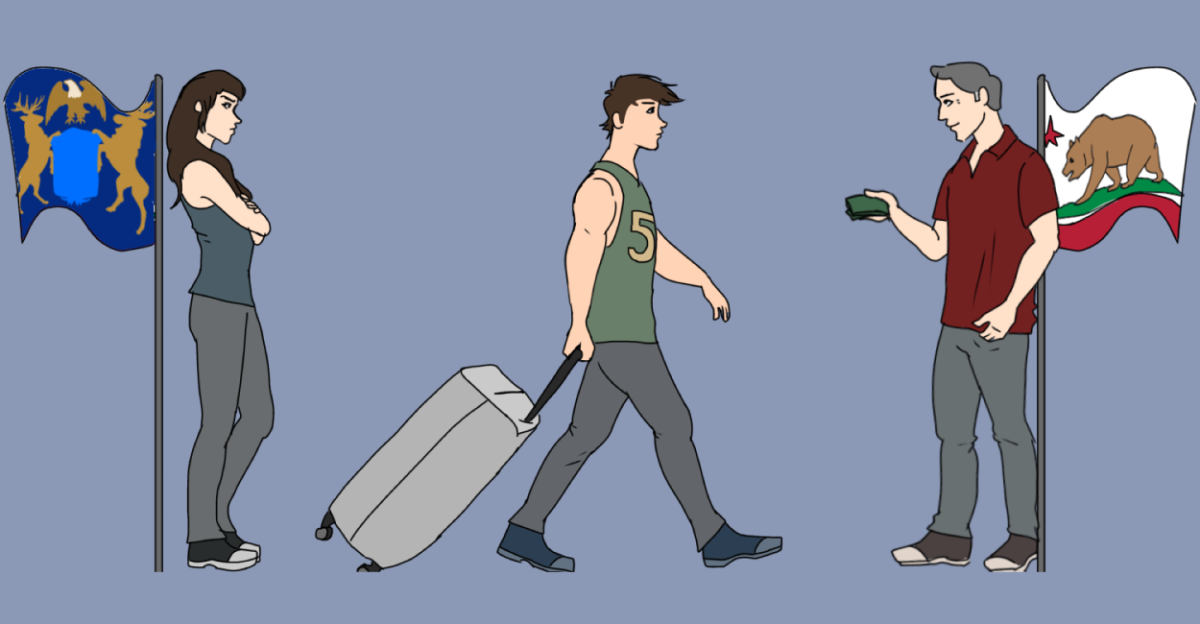


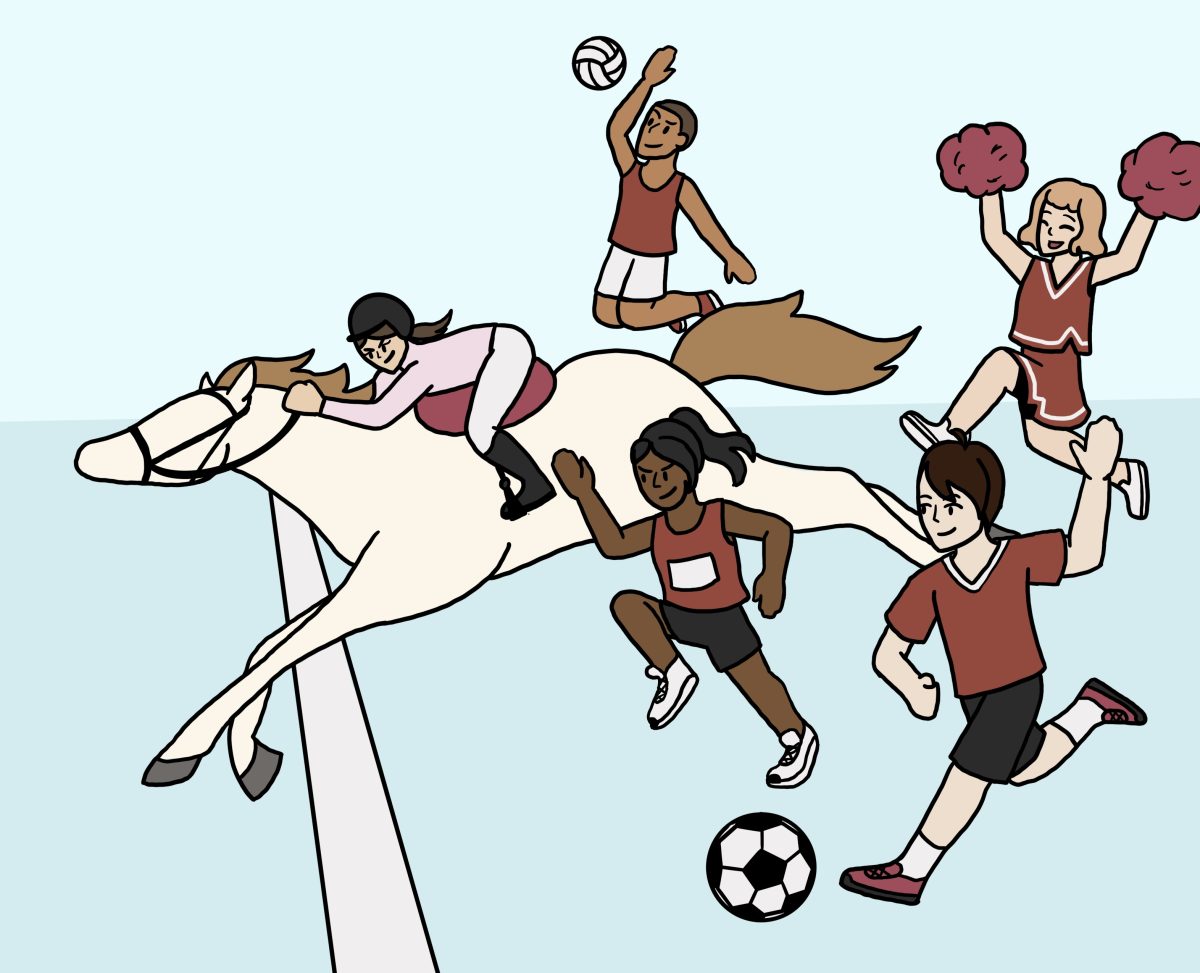
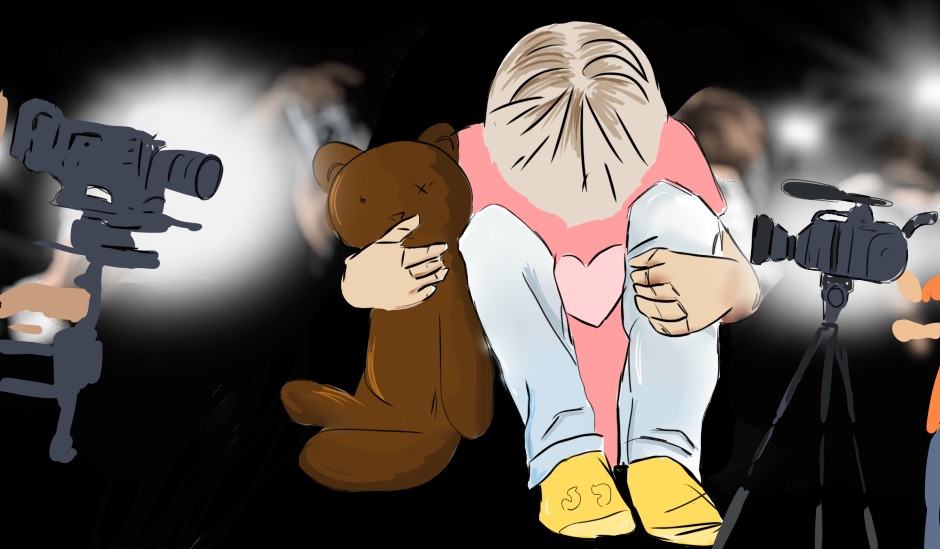


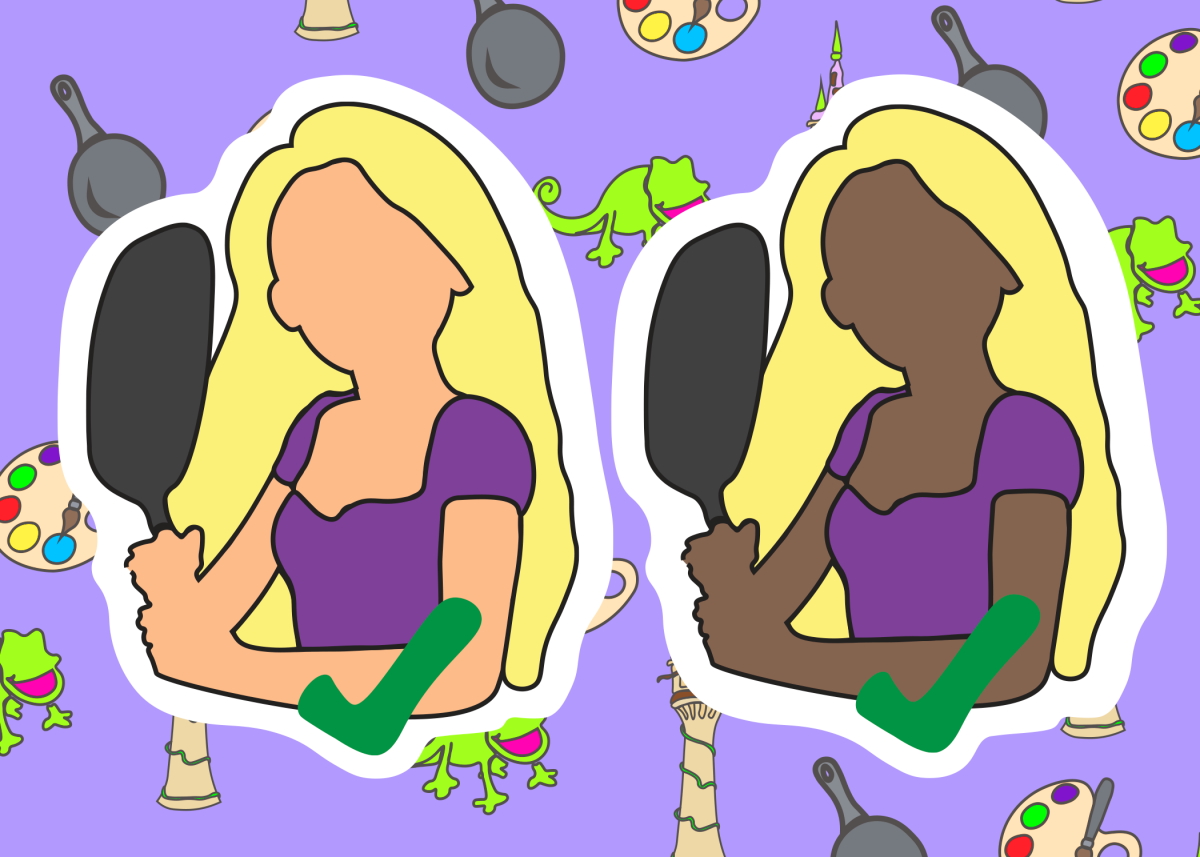
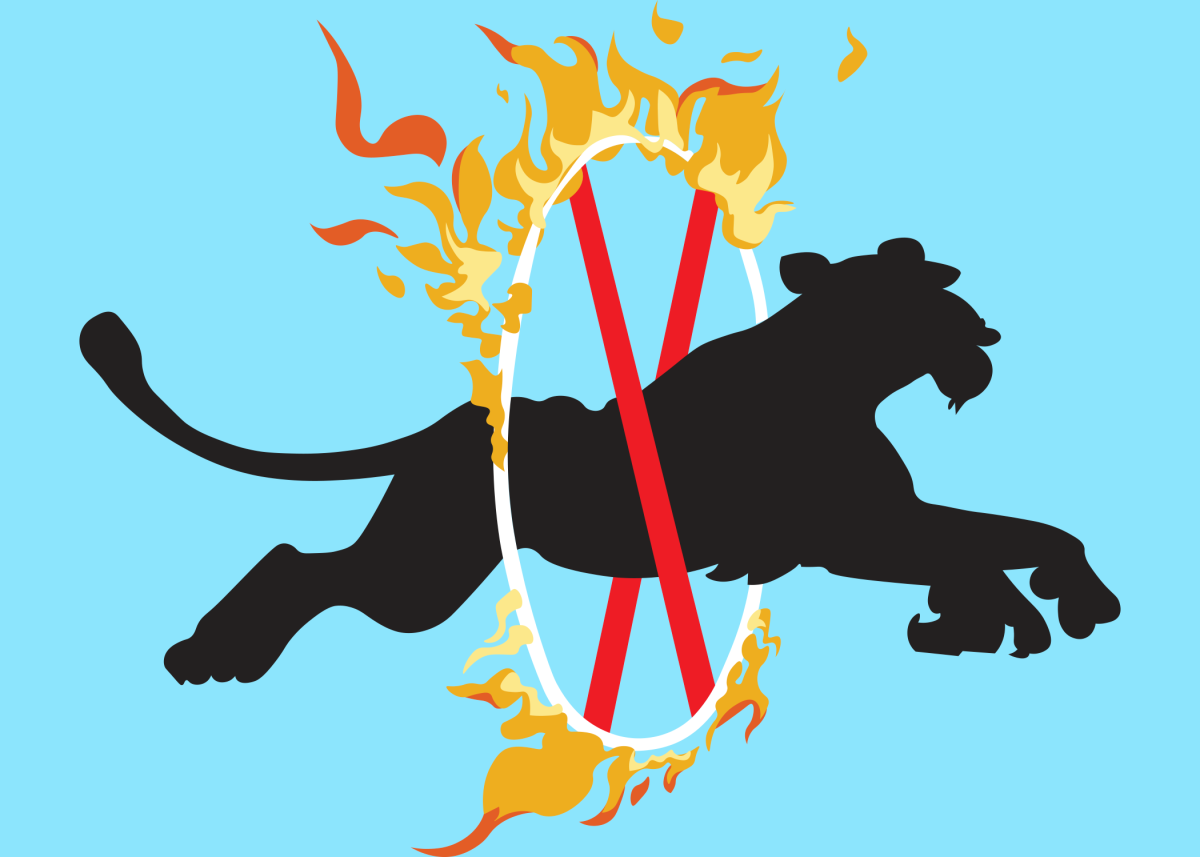
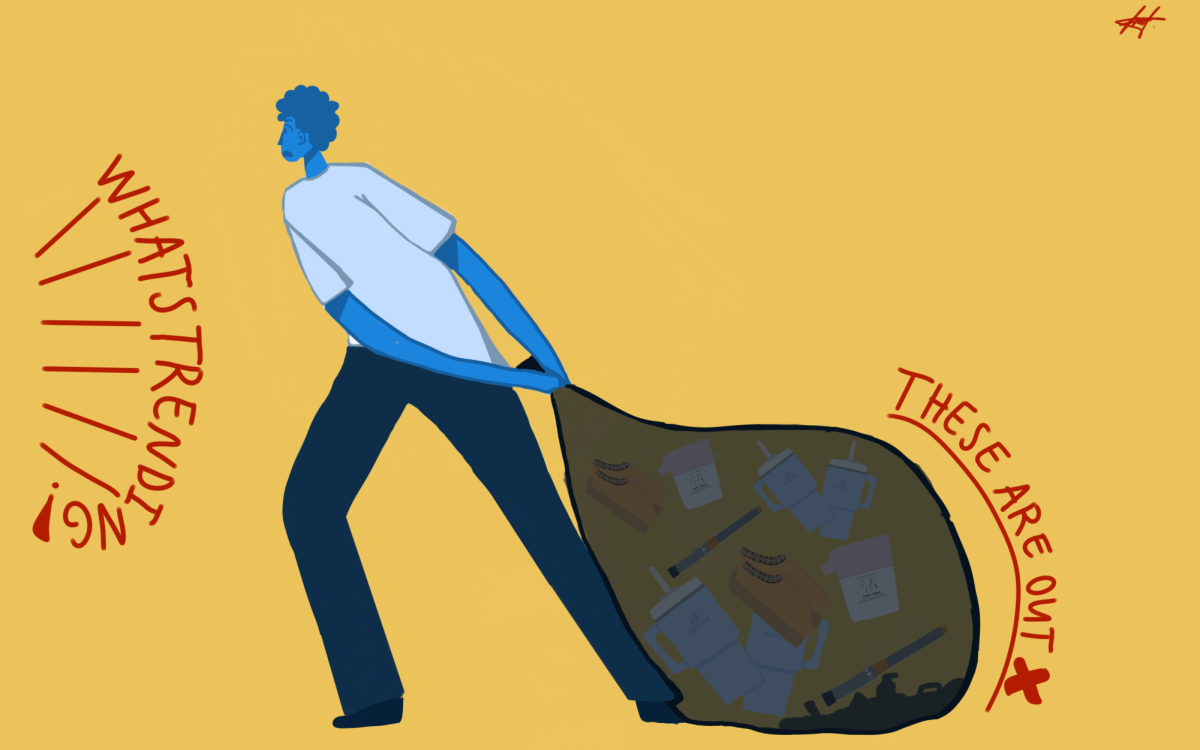
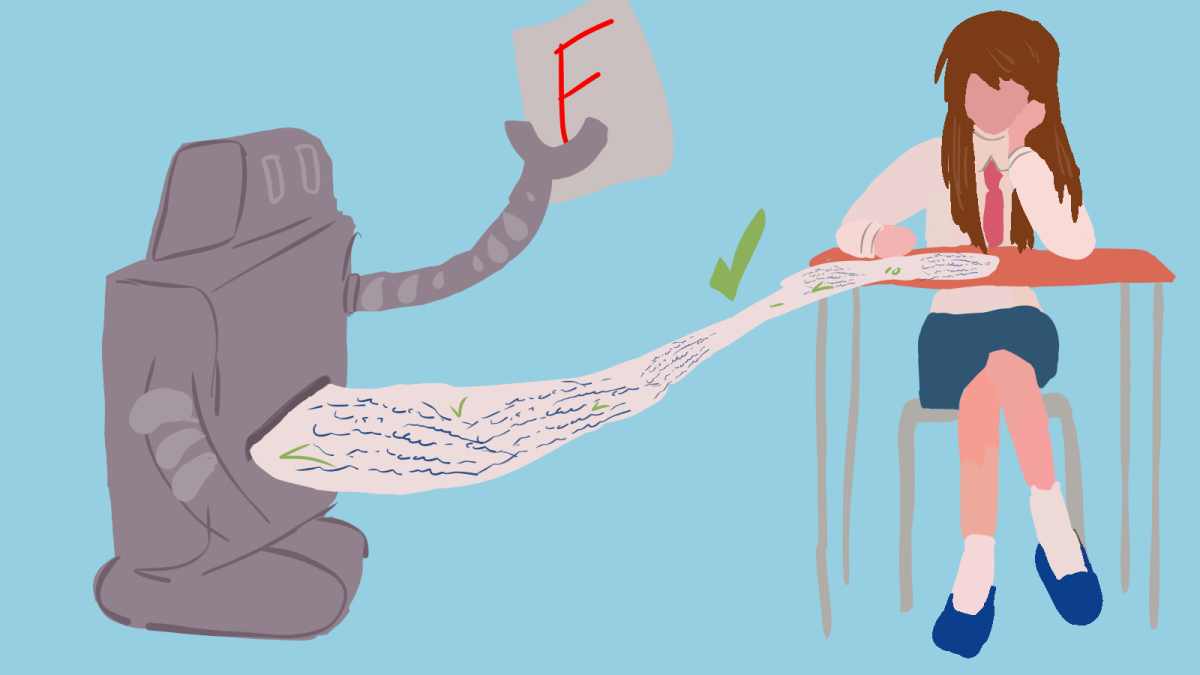
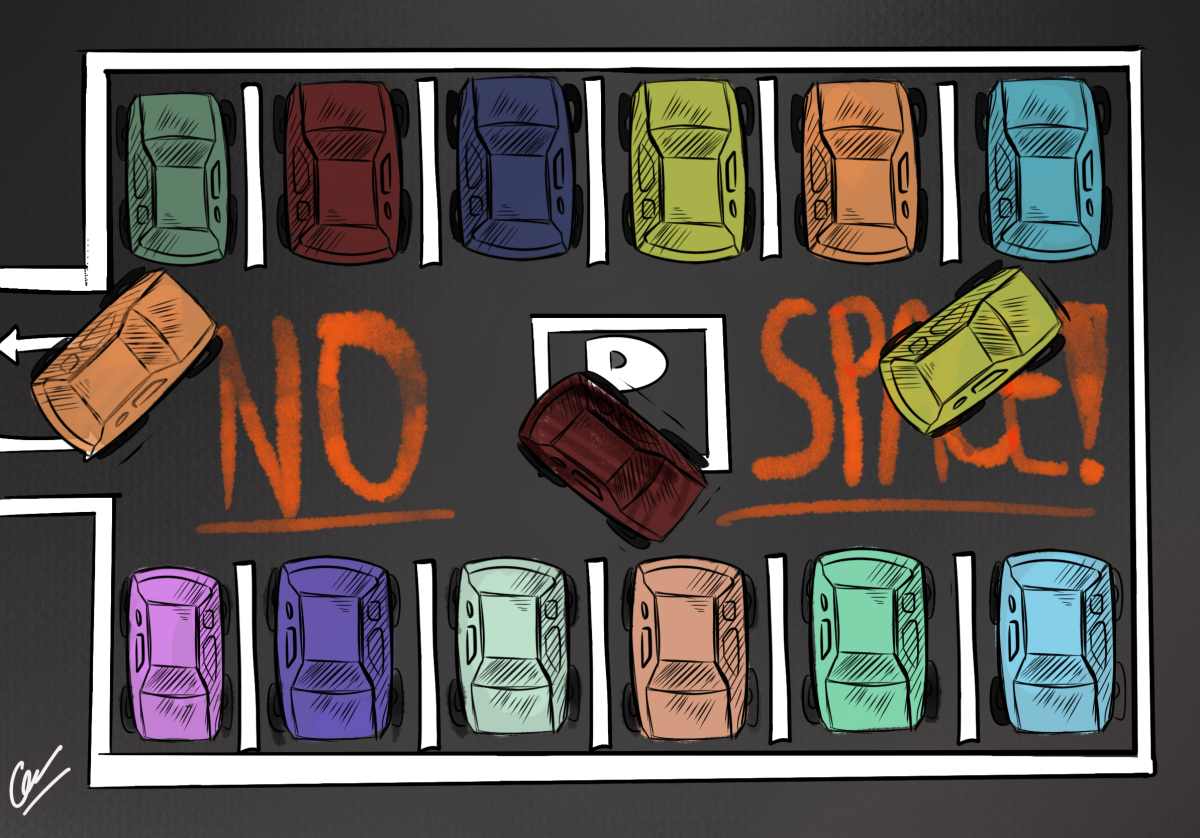



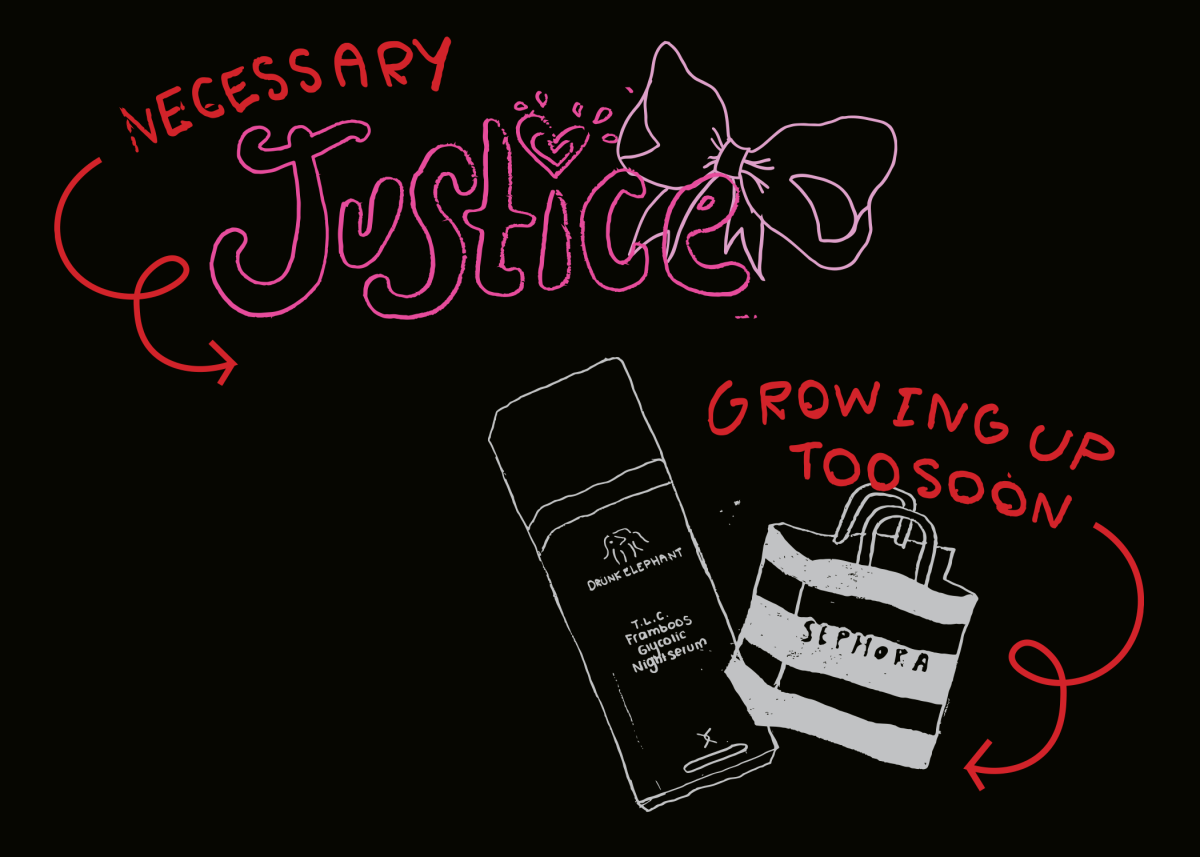
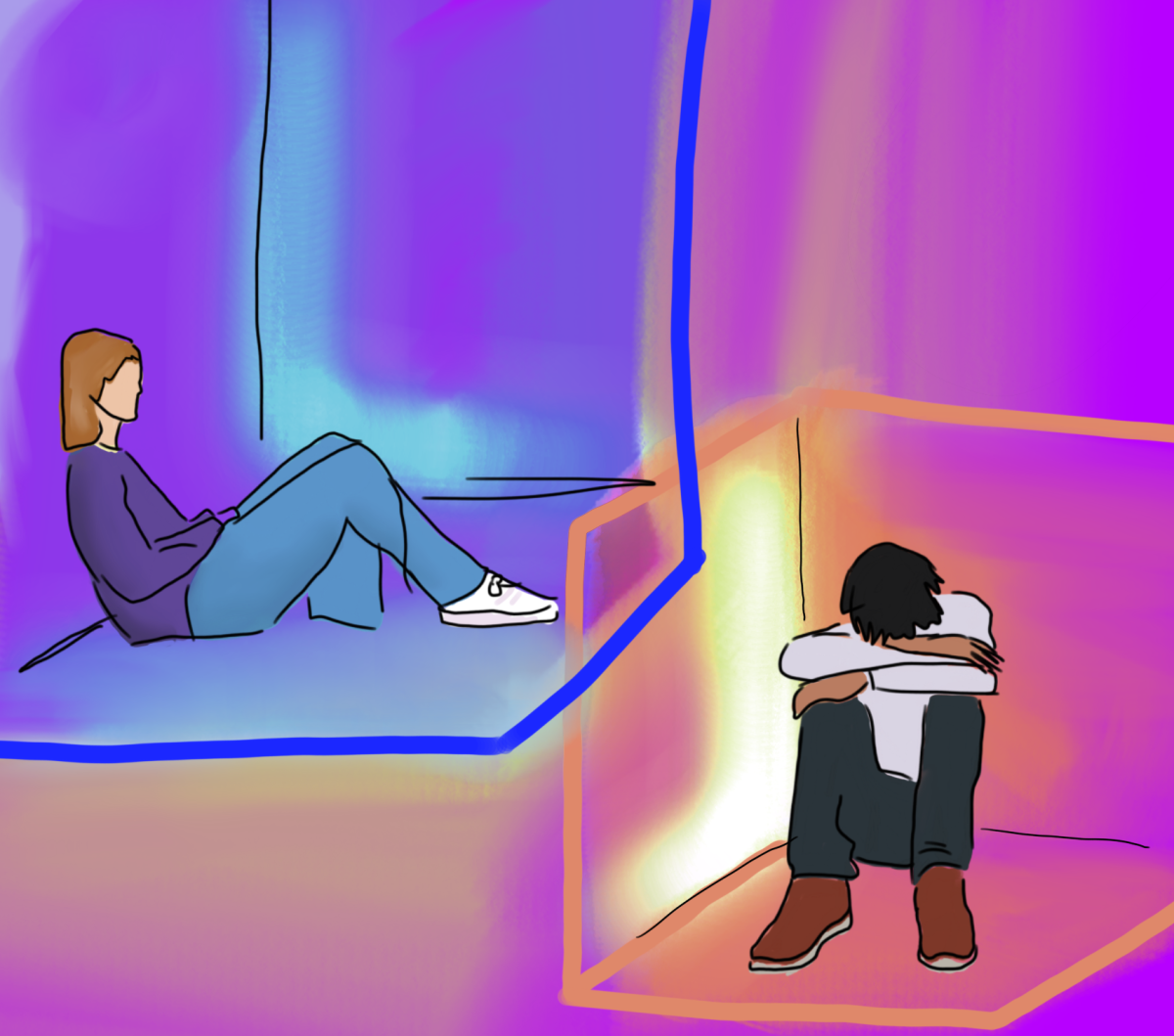



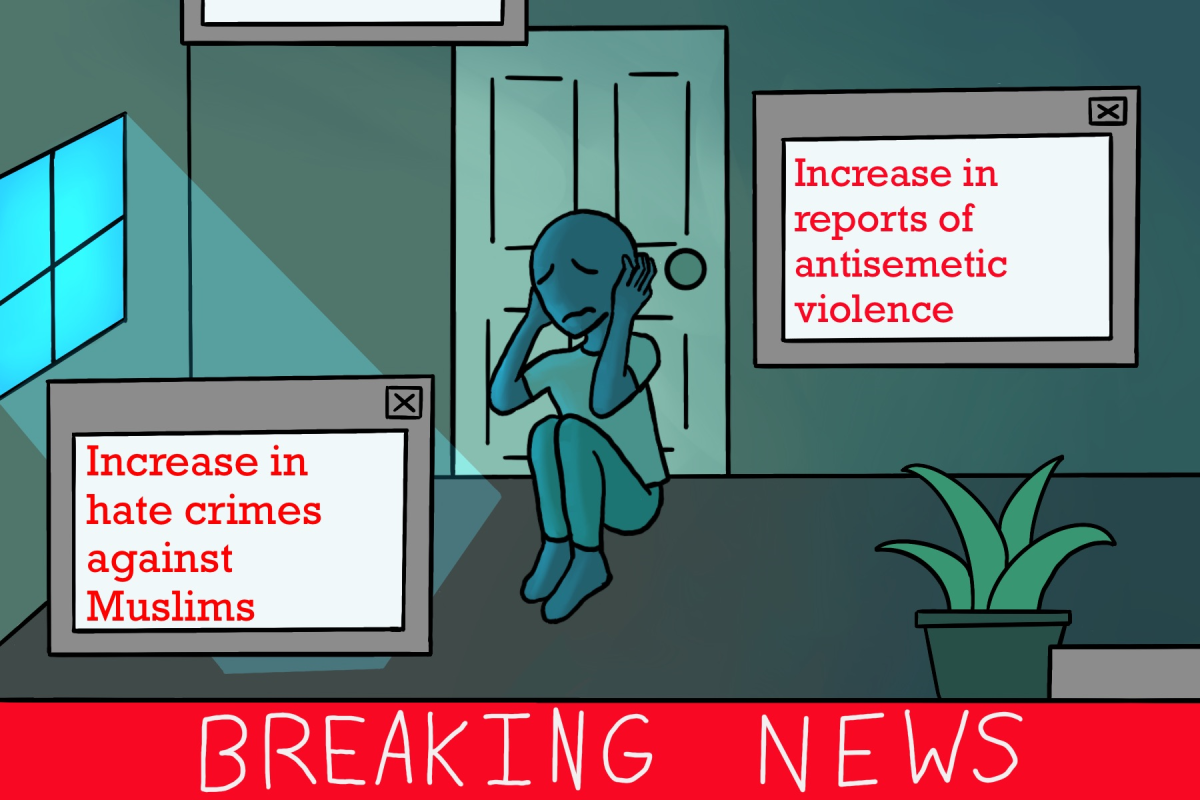






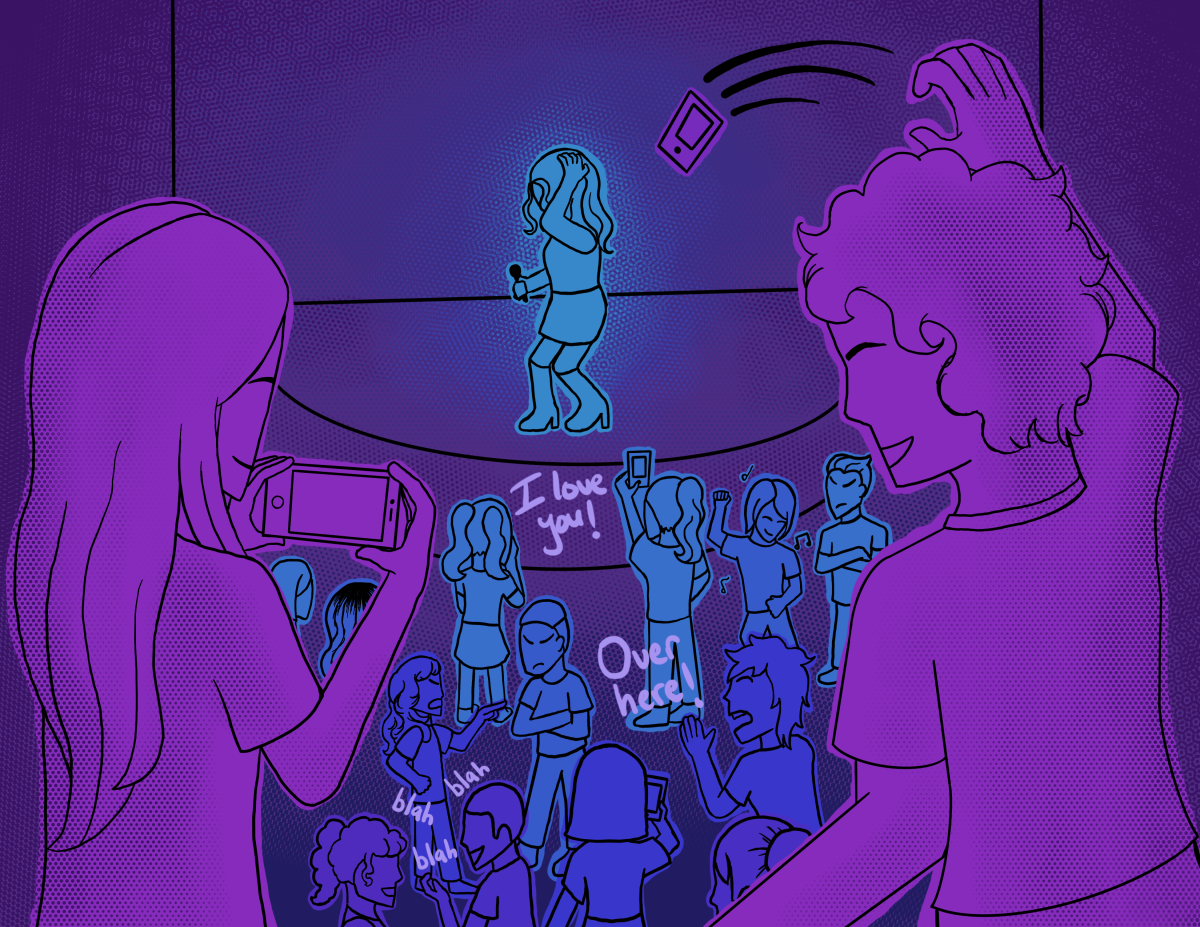


Jack • Dec 11, 2023 at 4:19 pm
This is a well-written essay, but I do have a problem with a few of your points. One of those is overhunting, as at least where I’m from, there are strict regulations that prevent this, with the use of tags and closing down hunting spots once a certain number of sport animals are killed, along with having precise dates for when you can and cannot hunt. Another is the statement, “Their carcasses are not used for a purpose other than to serve as trophies, making their deaths mean nothing.” (paragraph 13). My problem is that every hunter I know or have seen doesn’t just kill the animal for a mount or for fun, but rather for its meat. They usually skin the animal themselves or have a buddy do it to use its meat for cooking, jerky, or whatever. My grandpa uses the antlers to make knife handles and the pelts for all sorts of stuff. Don’t get me wrong, there’s a small margin of people who just kill for fun and don’t follow the laws in place, but judging a whole community based on a few outliers or bad apples is quite a bad stance. You could also make the point that if they wanted meat, why not just go to a grocery store and buy some? But to that, I say would you rather kill an animal in its natural environment quickly without causing fear and stress in it by people that respect nature and the art of hunting, or from a corporation that’s locked animals up their entire lives, fed with genetically modified food to make sure it’s as meaty and bulky as possible, and then slaughtered in a killhouse, just to make a profit?